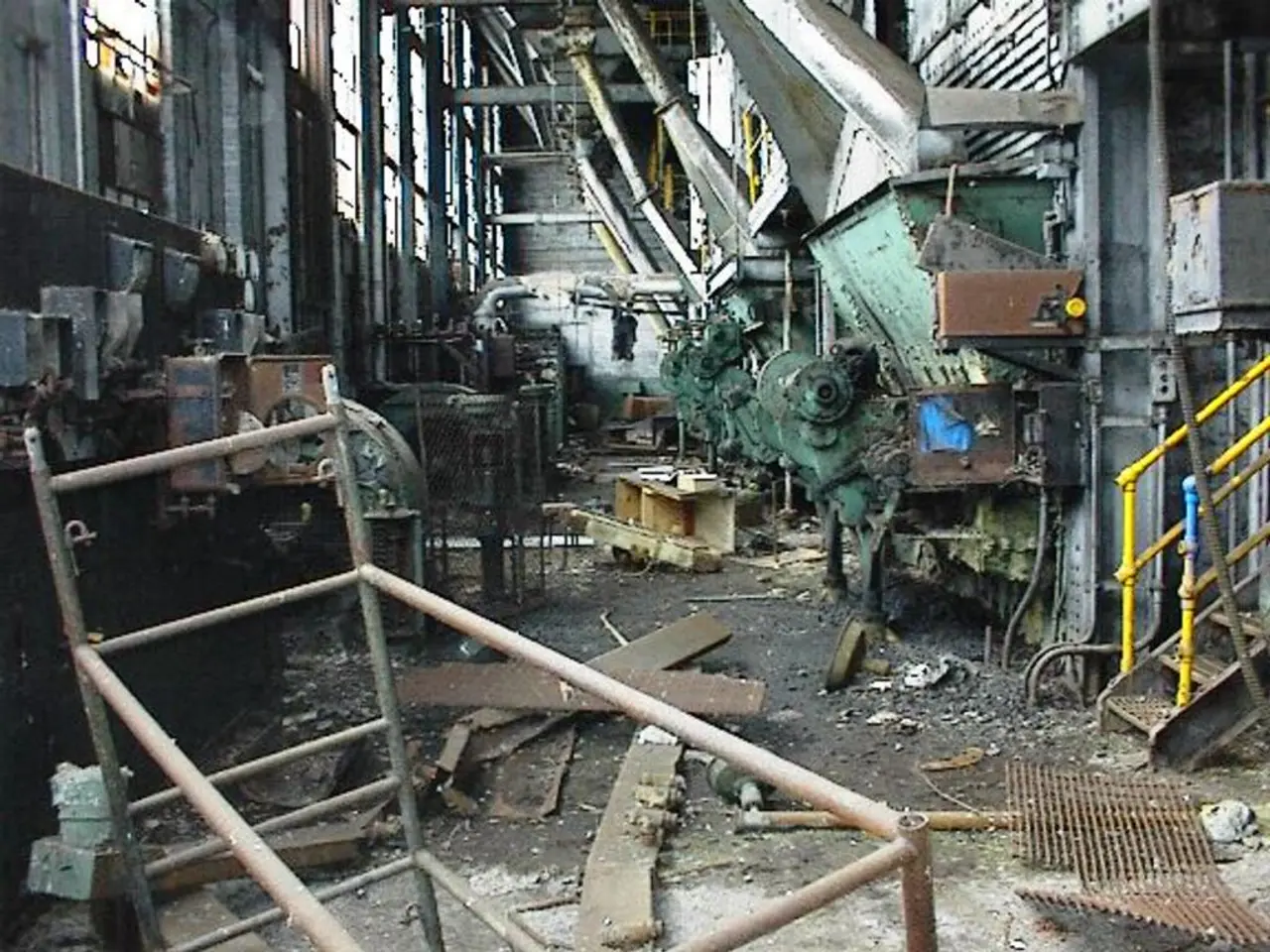Stock market's Korea Composite Index (Kospi) surges by 0.55% on Optimism for U.S.-China Trade Agreement
In the heart of Seoul, Hana Bank's trading room screen flashed the final tally for the Kospi on May 7—2,573.80 points, an uptick of 0.55 percent from the previous day. Here's a lowdown on recent market happenings and expert insights:
Regulatory Shake-ups and Short Selling
- The Great Unveil: South Korea waved goodbye to its short-selling ban in March 2025, after hunkering down for 16 months. The reforms that followed aimed to bolster market integrity, with the implementation of the Naked Short-Selling Detecting System (NSDS) to bar prohibited trading practices.
- ** brave new world of short selling**: The lifting of the ban triggered a frenzy of stock loans, suggesting sneaky short-selling strategies have returned with a regulatory safety net.
Market Dynamics and Valuation
- P/E Ratio, the simple math: As of May 6, 2025, the South Korean stock market's P/E ratio stood at around 10.34. This figure is fair game compared to its five-year average interval of 9.36 to 11.71.
- Positive indicators: Long-term and short-term indicators point towards a robust market position, thanks to a bullish alignment with moving averages.
Economic Signals and Growth Forecasts
- FEI on the Rise: The Leading Economic Index (LEI) for South Korea increased in February 2025. This trend is linked to improvements in machinery orders and stock prices, suggesting a smoothing out of economic pressures.
- Moderating Growth: The Conference Board anticipates South Korea's real GDP to slow down to 1.5% in 2025, after a 2.1% Growth in 2024—a dip signifying a softening of economic growth.
Market Maturation and Investor Interest
- Developed Market Status, almost there: South Korea's stock market teeters on the brink of being classified as a developed market by major indices such as MSCI. This elevated status could trigger a torrent of passive investment flows.
- Opportunities Galore: The market brims with investment hotspots like EV batteries, AI chips, and biotechnology, making it a prime playground for active investors.
All things considered, South Korea's stock market is navigating a swirl of regulatory changes, economic changes, and potential market status upgrades. This mélange of factors is driving the trends and analysis shaping the Korean market.
- The South Korean government's decision to lift the short-selling ban in March 2025 marks a significant change, as the defense against prohibited trading practices through the Naked Short-Selling Detecting System (NSDS) is now in place.
- As of May 6, 2025, the Kospi's closing was 2,573.80 points, an increase of 0.55 percent from the previous day, which indicates a positive trend in the finance industry's business growth.
- In the defense sector, the government's opening up to short selling might lead to increased activity, but it also raises concerns about potential manipulation in the stock market.
- As Korea approaches developed market status, which could welcome passive investment, the advancements in industries like EV batteries, AI chips, and biotechnology offer promising opportunities for active investors.
- The Dialog between government, industry leaders, and finance experts on topics like these becomes crucial in understanding the forces shaping the travel-restricted, yet thriving, business environment of South Korea.








